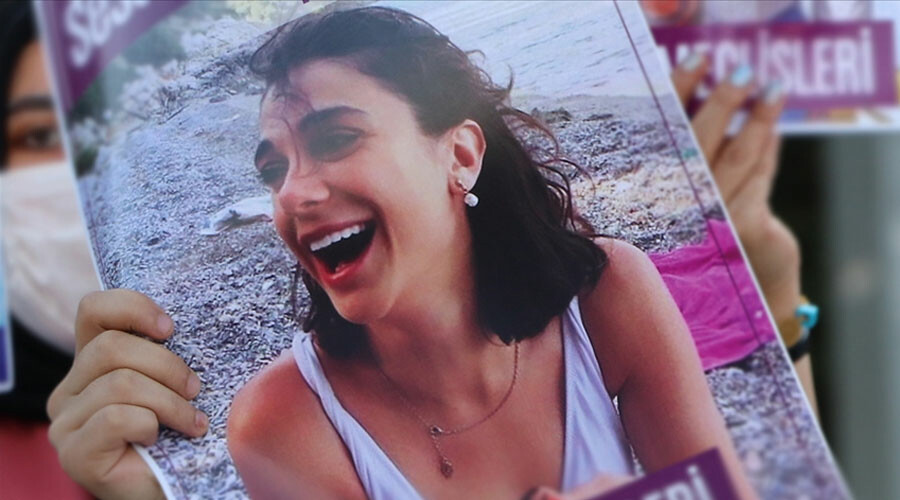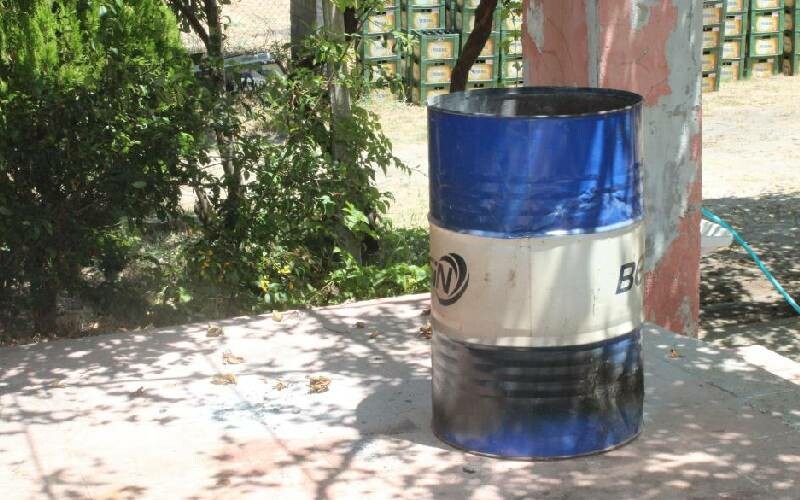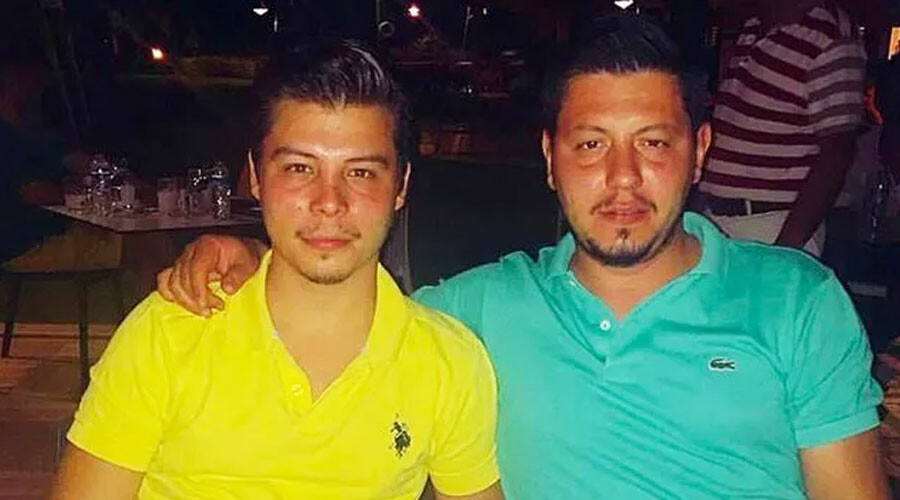
In a major legal development, the Supreme Court prosecutor has formally objected to the decision that overturned the aggravated life sentence handed to Cemal Metin Avci for the 2020 murder of university student Pinar Gultekin.
The prosecutor's appeal challenges the ruling by the Supreme Court's 1st Criminal Chamber, which reduced Avci's sentence by applying a provocation discount. If the appeal is accepted, Avci could face reinstatement of his aggravated life sentence.

On July 16, 2020, 27-year-old university student Pinar Gultekin went missing in Mugla, Türkiye.
The brutality of the crime sparked nationwide outrage, intensifying calls for stronger legal protections against femicide in Türkiye.

The Supreme Court's 1st Criminal Chamber reviewed the March 10, 2023, ruling that sentenced Avci to aggravated life imprisonment for premeditated and monstrous murder.

The Supreme Court prosecutor challenged this ruling. The objection was submitted on Feb. 2, 2025.
The suspect acted with persistence and insistence, seeking to complete the crime efficiently and ensure the result. This crime was clearly premeditated and committed with monstrous intent.
If the chamber rejects the appeal, the case will go to the Supreme Court General Criminal Assembly, which will make the final ruling.
A key controversy surrounding the Supreme Court's decision emerged when it was revealed that one of the judges who voted in favor of reducing Avci's sentence had previously spoken against sentence reductions in femicide cases.
This judge, who played a role in the 3-2 ruling, had previously addressed the Turkish Parliament's Commission on Preventing Violence Against Women, where he expressed concerns over lenient sentencing for violent crimes against women.
His shift in position in Pinar Gultekin's case has fueled further criticism of the Supreme Court's ruling.

Siddik Gultekin, the victim's father, has been vocal in his opposition to the ruling. On Feb. 3, 2025, he spoke in a televised interview, condemning the Supreme Court’s decision.
I wish my daughter had been shot instead. I keep seeing her burning alive in my mind over and over again. This is unbearable for a father.
If burning someone alive is not an act of monstrous intent, then what is? Even the forensic report states 'She was burned alive.' Eleven professors signed that report. How is this not a crime of monstrous intent?
said Pinar Gultekin's father
Gultekin has repeatedly called on the judiciary to correct what he describes as a grave miscarriage of justice. "If this sentence remains, then anyone could be killed tomorrow. No one is safe."

After his confession in July 2020, Avci was taken into custody, and the murder trial began later that year. Initially, the Mugla 3rd High Criminal Court sentenced him to aggravated life imprisonment on June 20, 2022, but controversially reduced it to 23 years with a provocation discount.
The Izmir Regional Court of Appeals overturned this reduction on March 10, 2023, stating that the nature of the crime required the highest possible sentence. The ruling was challenged by Avci's lawyers, and the case moved to the Supreme Court.
On Jan. 31, 2025, the Supreme Court's 1st Criminal Chamber reinstated the provocation discount in a 3-2 ruling, prompting immediate backlash from legal experts and activists.
Gultekin family lawyer Rezan Epozdemir also condemned the Supreme Court's ruling. "This decision is legally baseless and unjustified," he said. "The court accepted Cemal Metin Avci's rehearsed and contradictory defense."
Epozdemir added that the prosecutor's appeal, filed on Feb. 2, 2025, aims to correct this decision and ensure that Avci is convicted for premeditated and monstrous murder, as initially ruled.
The court also sentenced Avci’s brother, Mertcan Avci, to four years in prison for assisting in covering up the crime, a punishment that many criticized as too lenient.
"His brother helped with the murder, and he got only four years like it was a reward," the heartbroken father of Pinar Gultekin said.

The Supreme Court prosecutor's objection is currently under review by the 1st Criminal Chamber.
Legal experts have noted that the outcome of this case could have significant implications for the handling of femicide cases in Türkiye.
Women's rights organizations and activists have pointed to this ruling as an example of systemic judicial leniency toward perpetrators of gender-based violence.

Since the Supreme Court's recent ruling, the case has sparked renewed discussions about Türkiye's judicial approach to femicide and violence against women.
On Feb. 3, 2025, protesters gathered outside courthouses, demanding stricter sentencing and an end to what they see as judicial tolerance for gender-based crimes.
Many argue that if Avci's sentence is further reduced, it will send a dangerous message that such crimes can be excused or mitigated.
My daughter was brutally, deliberately, and carefully murdered. She was tied in a fetal position, placed into a barrel, wood was stacked on top, gasoline was poured, and she was burned alive.
I searched for my daughter's body for five days. In the end, all I found were her bones.
With this ruling, justice has died. Shame on them.
Father Siddik Gultekin said
The prosecutor's objection is pending review, but a timeline for a decision remains unclear.